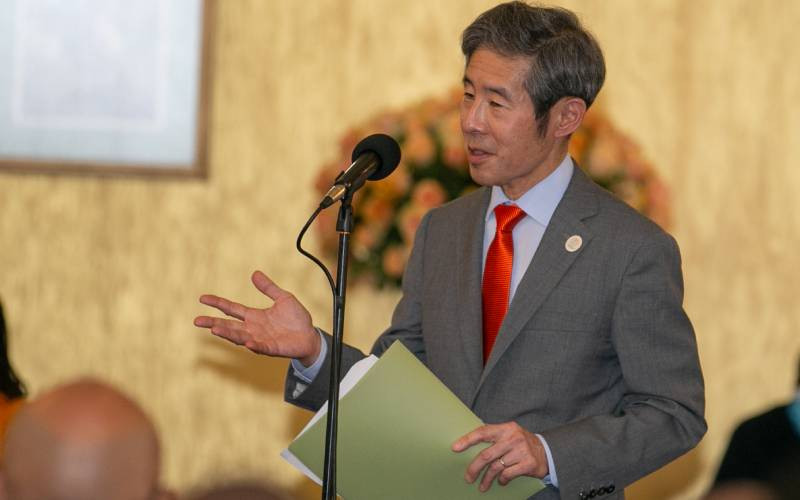
I have read The Standard's editorial titled "Tread carefully, Japan" published on September 1, 2023. The editorial's criticism against the discharge of water from the Fukushima Daiichi Nuclear Power Station into the sea is groundless and scientifically inaccurate.
Japan started discharging the water which is treated through the Advanced Liquid Processing System (ALPS) and diluted on August 24, 2023. This is a matter of great economic, scientific, and environmental significance, and it is important that Kenyans have a clear understanding of the steps being taken by the Government of Japan.